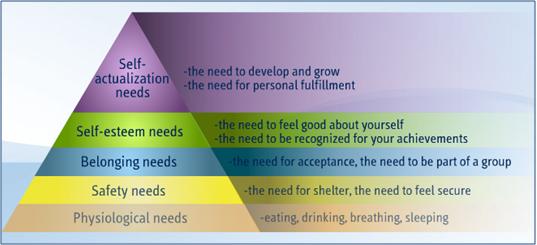Here are a few items that I considered funny from my experience as a recruiter. Please enjoy.
They include funny abilities that people consider they have, email addresses, funny job titles, and funny interview replies. All these have been extracted from real resumes:
Funny abilities:
“I unstress people”
“Observatory spirit”
« PC Knowledge: …Facebook… »
"Fisherman - advanced"
Funny emails (be careful what you put in your resume, the recruiter is attentive to details):
cupidon_boy35@....
angels_wish77@...
laryssa_happy@...
albisor1966@...
alexxia_etc@...
workmar2005@...
seghyc@...
rhadoo_coco@...
yo3gxc@...
zuzu@...
kempes64@...
irreplaceable_anna@...
bravo.ma@...
catanutz20@...
spyraly@...
alin_aka_zoner@...
pisi_just4you@...
vip_azzuro@...
bbanderas83@...
don_corleone477@...
ghitza_ghitzuka@...
crissy_motanel@...
adriana_gargarita@...
dexterboygenius2003@...
andreeaelena_blonda@...
rapid_25lyk@...
oannna_bruneta17@...
corasonXXL@...
ondskandixie@...
al.scarface06@...
b1g_snak3@...
hidden.whispers@...
mihi_pic@...
deadlybrunet@...
verutza_mea@...
follie20@...
dalila_scumpy@...
money_saby@...
buffy5…@...
lovleymetalgirl@...
luygy2007@...
tatajean2003@...
babe_ank@...
yo_4_cs@...
papy_1404@...
oanadanielamohamedsalem@...
glumetz1988@...
Funny online interview replies:
Q:Which was your biggest professional achievement?
A: My degree at informatique
Q:What's your biggest dream? Describe your ideal career
A: to know more and product money
Your biggest dream: general manager or DONALD TRUMP
Your biggest dream: to become priest (this was from someone applying for a management position)
Your ideal company: Orthodox Church
Your expectations in terms of salary, work environment: None
How would your last manager characterize you: Grade 8
Your biggest achievement: I graduated on time.
How do you see yourself in 5 years? Employed.
Your expectations in terms of salary, work environment: 100 EUR. Do you want?
Are you available to work in shifts? (same candidate as above): sure for this amount I can even sell my mother.
What is your level of Linux knowledge and where did you use Linux: I have no idea about Linux.
What is your biggest dream? To work in an office surrounded by lots of papers.
What is your biggest dream? To be a police officer. (This from a person applying in a company where customer service is provided, no police work whatsoever).
What is the department you would like to work in (if you had only one choice) and why? I have MORE than one choice.
Funny work experience:
Work experience:
Position: jkggh2005-01 <> 2009-01 (4 years)Company name: ethyrthjt, (Employees: Over 3000), HR
I don't have any yet.
Funny letters attached to the resumes:
Good day.
I would like to get hired in your company. I have all the requirements. I am not 90-60-90. I am waiting for an urgent response.

